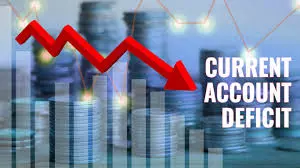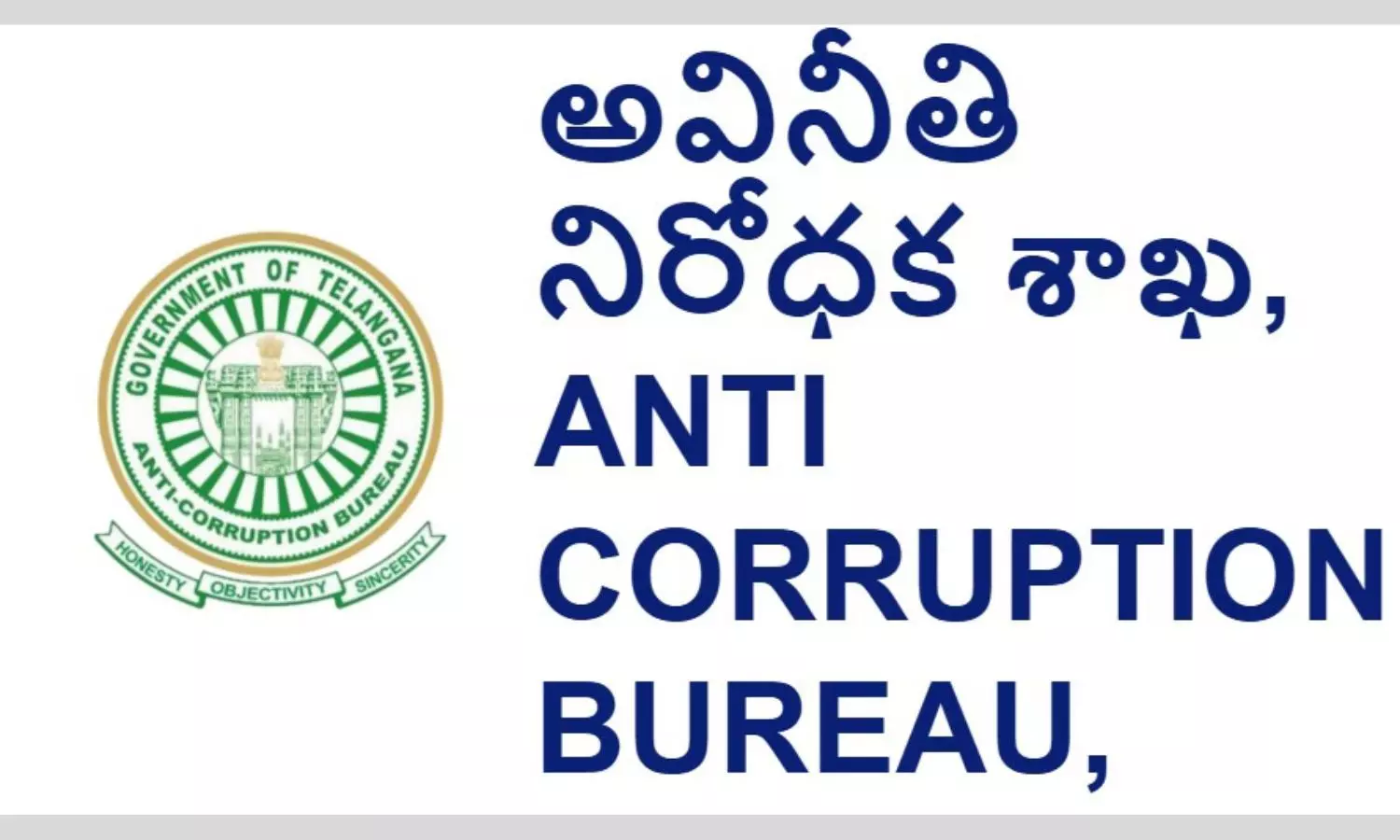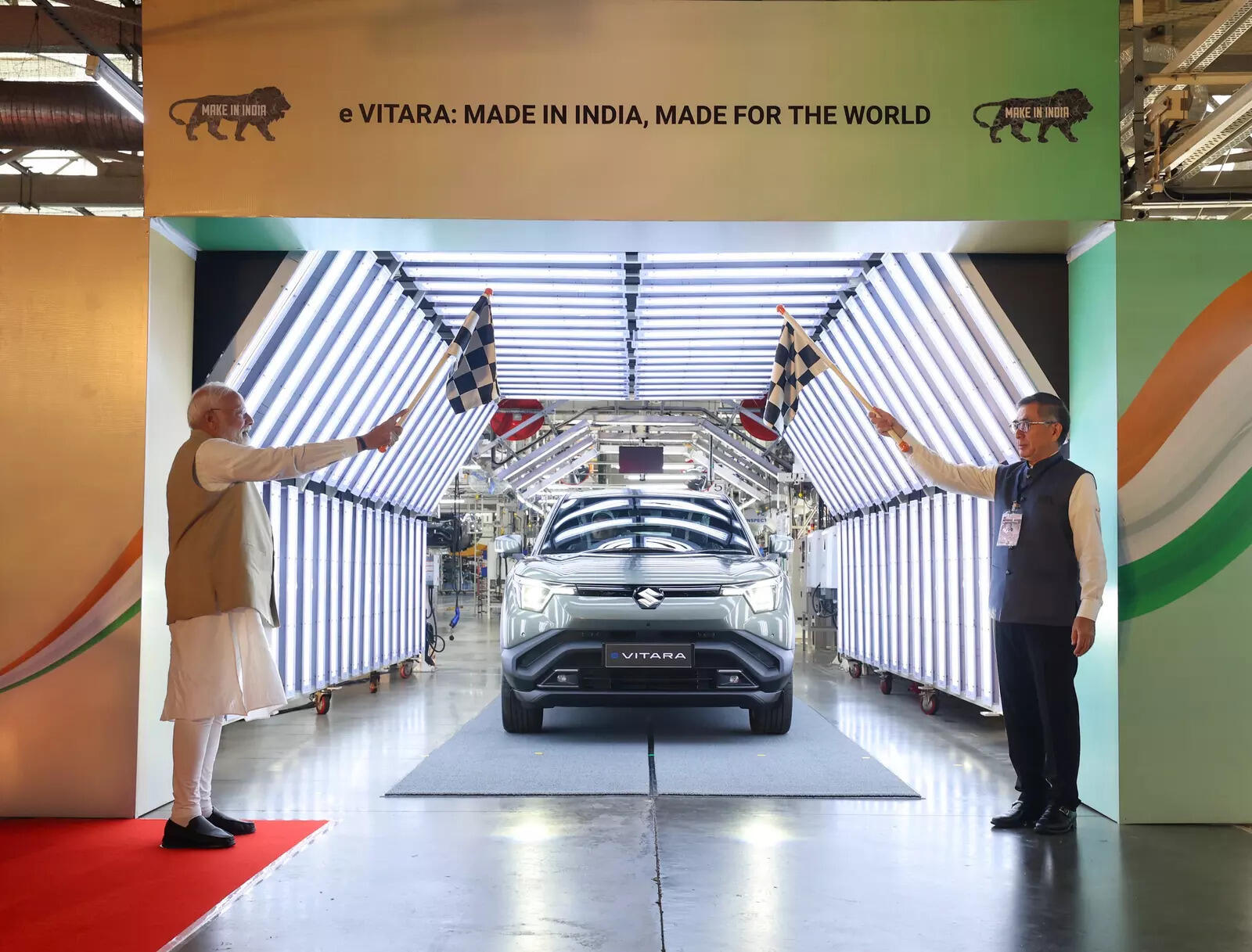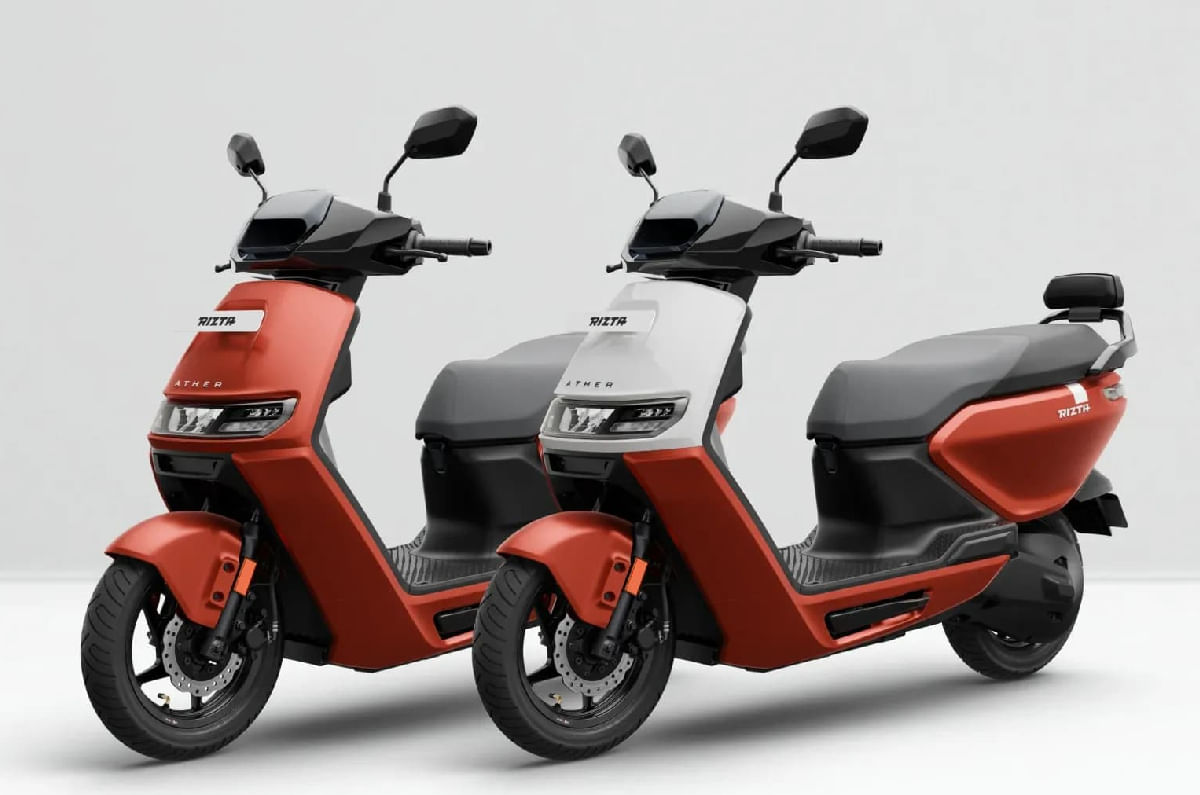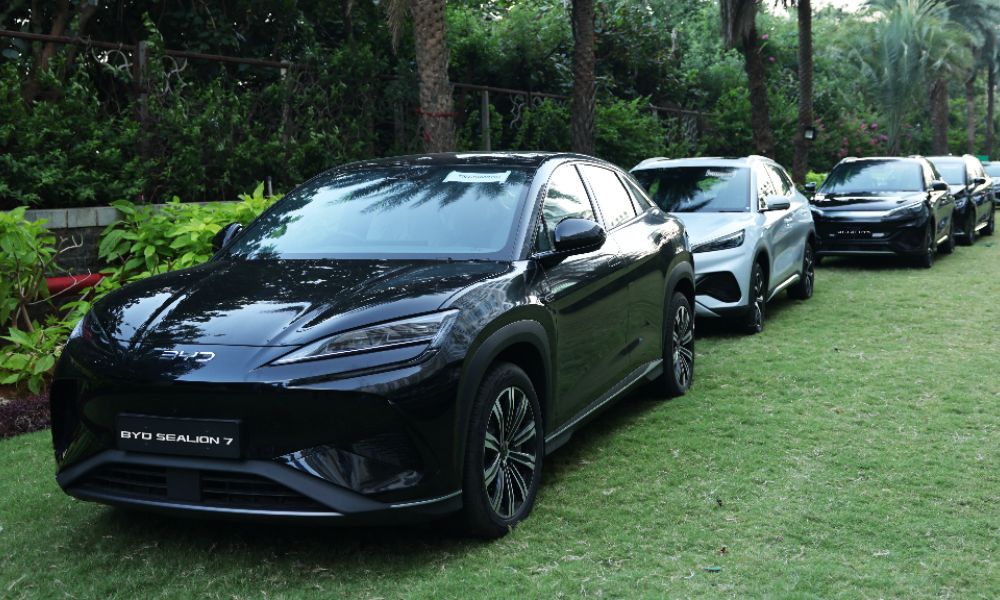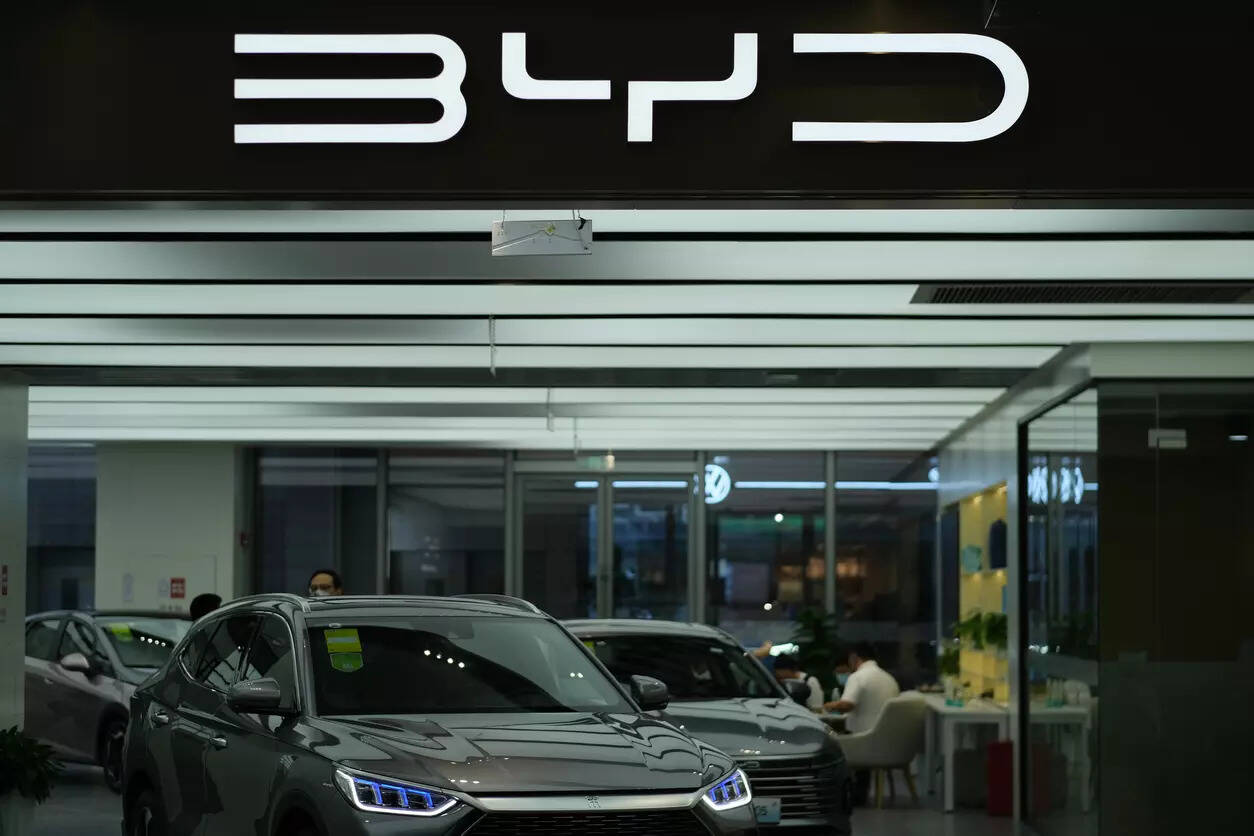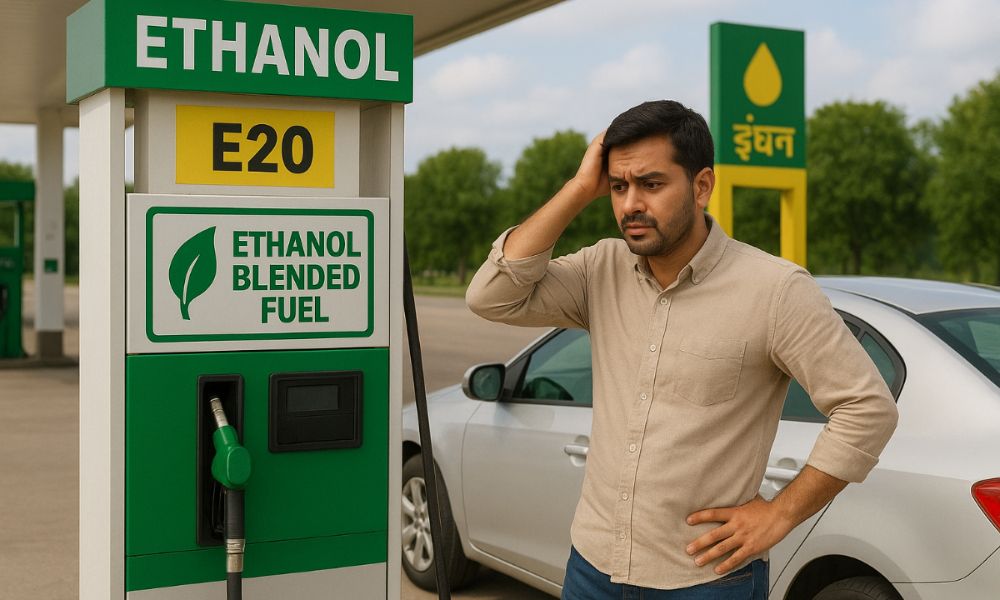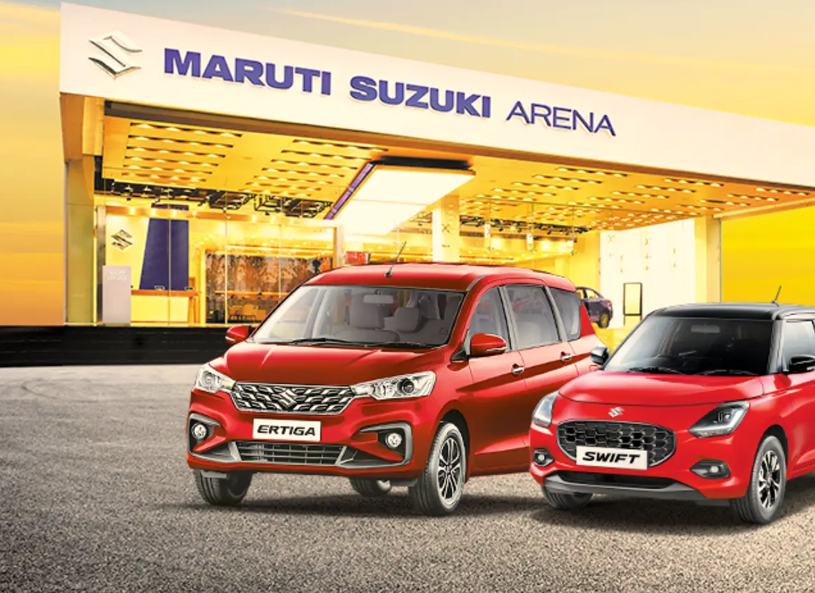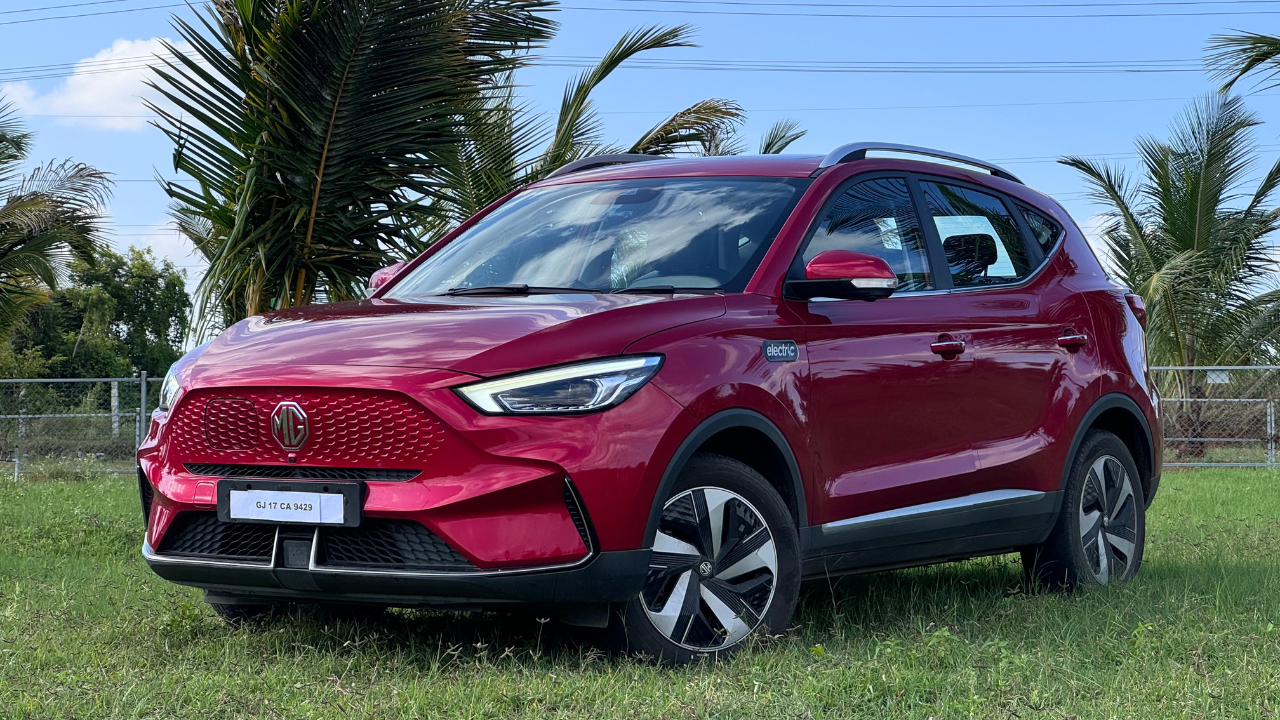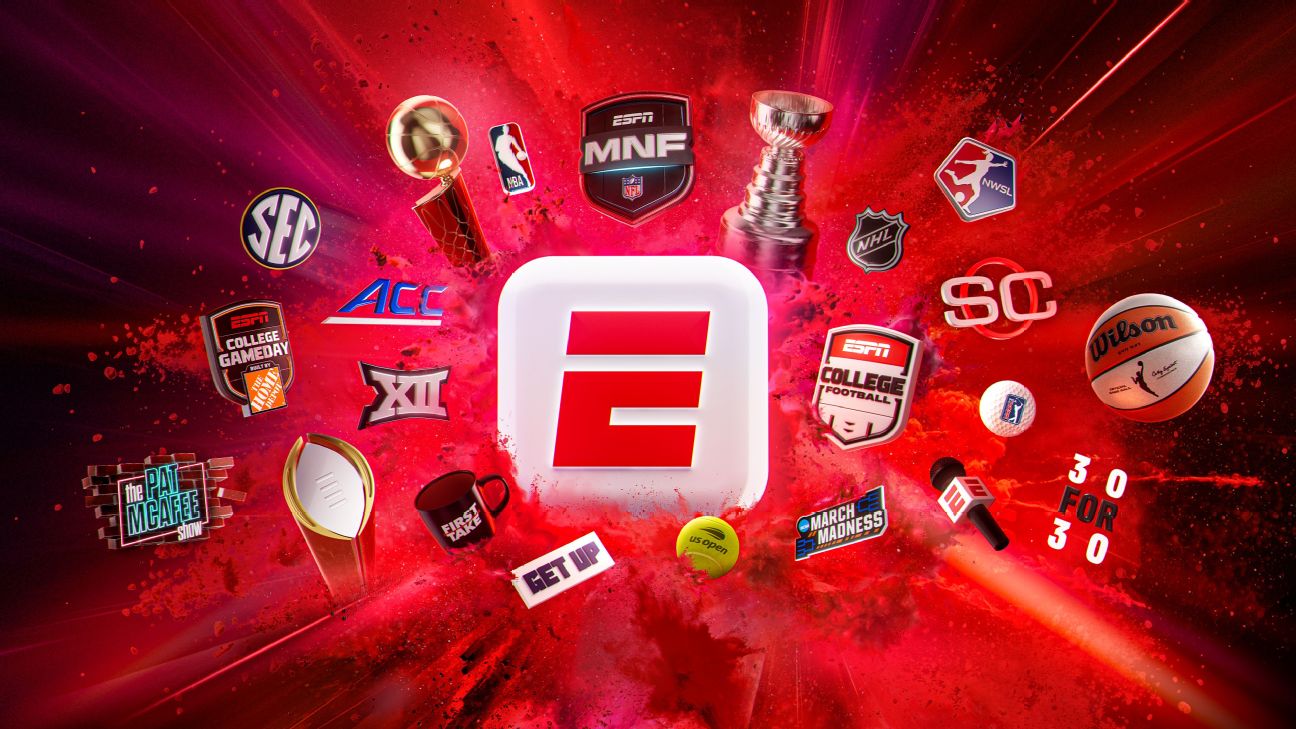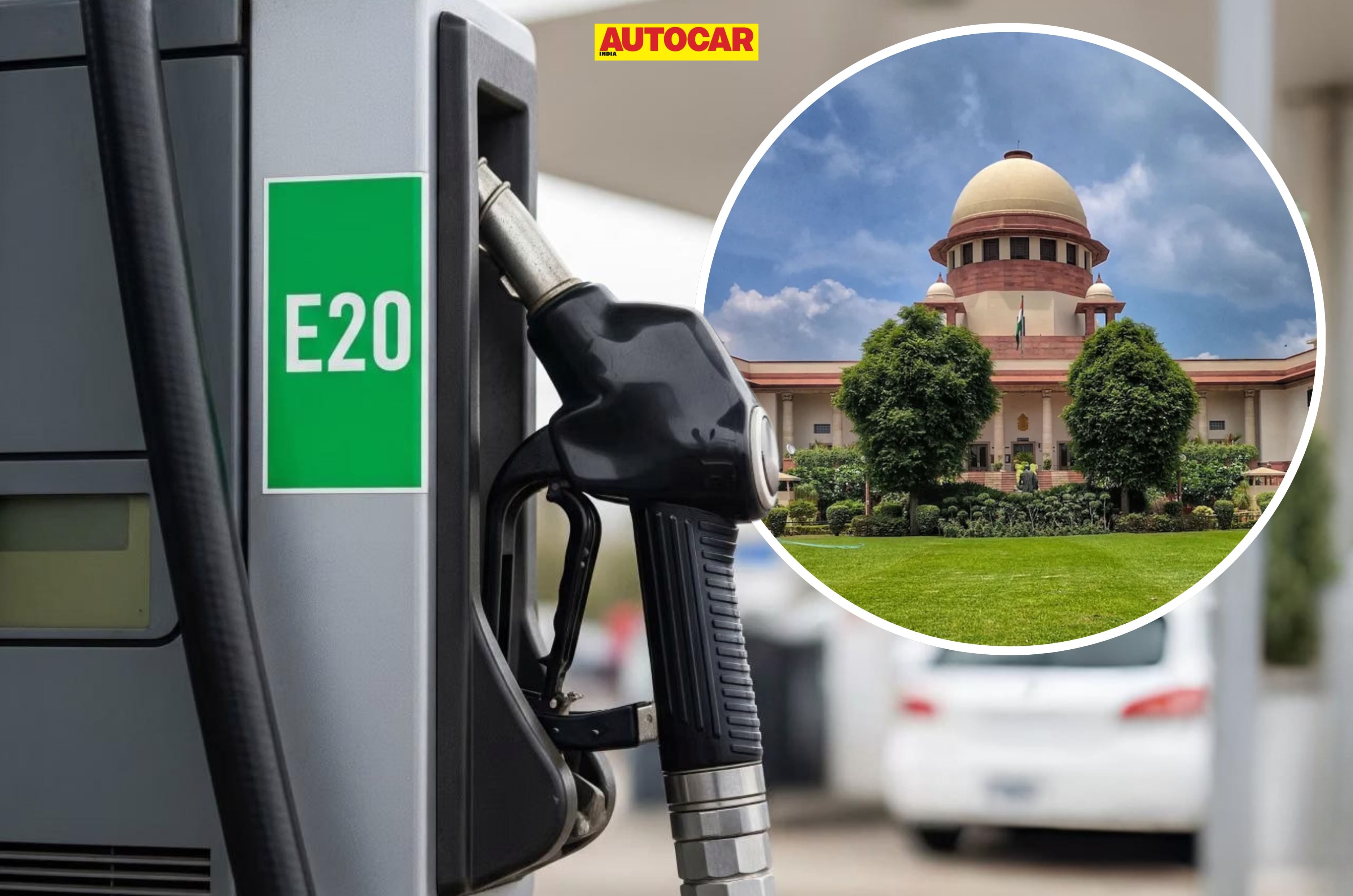
The Supreme Court of India has rejected a public interest litigation (PIL) challenging the central government’s fuel blending mandate – petrol blended with 20 percent ethanol. The ruling by Chief Justice B R Gavai and Justice K Vinod Chandran effectively approves the government’s ambitious ethanol blending programme, which has spurred a huge debate over vehicle compatibility and consumer choice.
- The original deadline for switching to E20 fuel was 2030
- PIL flagged no cost benefit being provided to consumers
“Will people outside the country dictate what kind of fuel India should use?” Attorney General R Venkataramani said, suggesting vested interests were behind the petition. He added that the fuel blending programme benefits farmers who grow sugarcane (from which ethanol is produced), as well as India’s energy security. The government had argued consumers couldn’t dictate fuel composition.
What did the PIL state?
Drop in mileage, no clear labelling of the ethanol content at fuel stations
Senior advocate Shadan Farasat, for the petitioner, stated that they were not against ethanol blending, but sought an option of pure petrol for cars manufactured before 2023, which may not be E20 compliant. Farasat referred to reports regarding a 6 percent drop in fuel efficiency due to E20 fuel, and highlighted that NITI Aayog expressed concerns about the lack of availability of E10 (10 percent ethanol) or E0 (no ethanol content) petrol options in parallel, as per Live Law.
The PIL also demanded mandatory labelling of the ethanol content at fuel stations, consumer awareness campaigns and a pan-India study analysing E20 fuel’s impact on non-compliant vehicles. In the United States and the European Union, ethanol-free petrol is widely available with clear labelling, it highlighted further, and alleged that no cost benefit to the consumers is being provided, despite ethanol being less expensive than petrol.
What happens next?
Carmakers could offer E20 upgrade kits for older vehicles
India moved from E5 (5 percent ethanol) in 2003 to E10 by 2022, but the move to E20 is five years ahead of the original 2030 schedule. Ethanol is key to reducing India’s annual import bill of $130 billion (about Rs 1.1 lakh crore). Official figures state over Rs 24,300 crore of savings in foreign exchange in the ethanol supply year 2022-23. Ethanol also burns relatively cleaner.
As things stand, the ruling effectively endorses the phase-out of ethanol-free fuel options. We understand that Maruti Suzuki is likely to offer E20 material upgrade kits for models going back 10 to 15 years. The costs for these kits could range between Rs 4,000 and Rs 6,000, depending on the model. Earlier, senior leaders from auto component makers, oil companies and the testing agency ARAI came together to explain the country’s E20 push, with assurances on warranties, fuel efficiency and potential engine trouble.
Also see:
Warranties valid even on E20 fuel, say Govt and industry panel
Will E20 fuel damage your car? Key risks and compatibility explained


